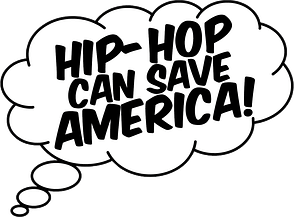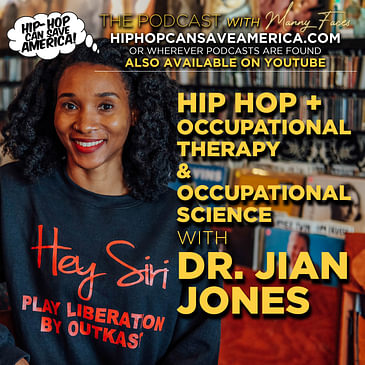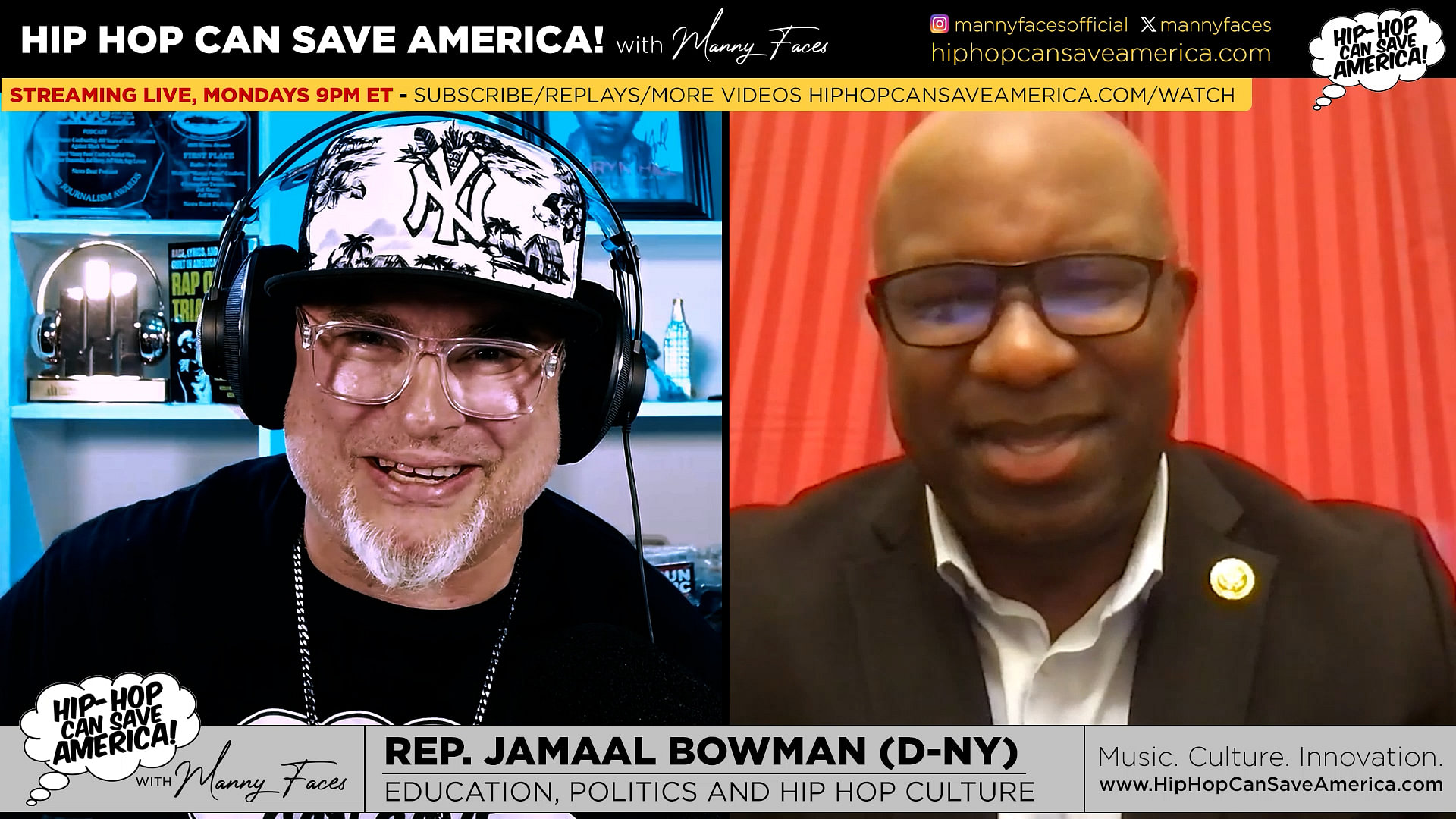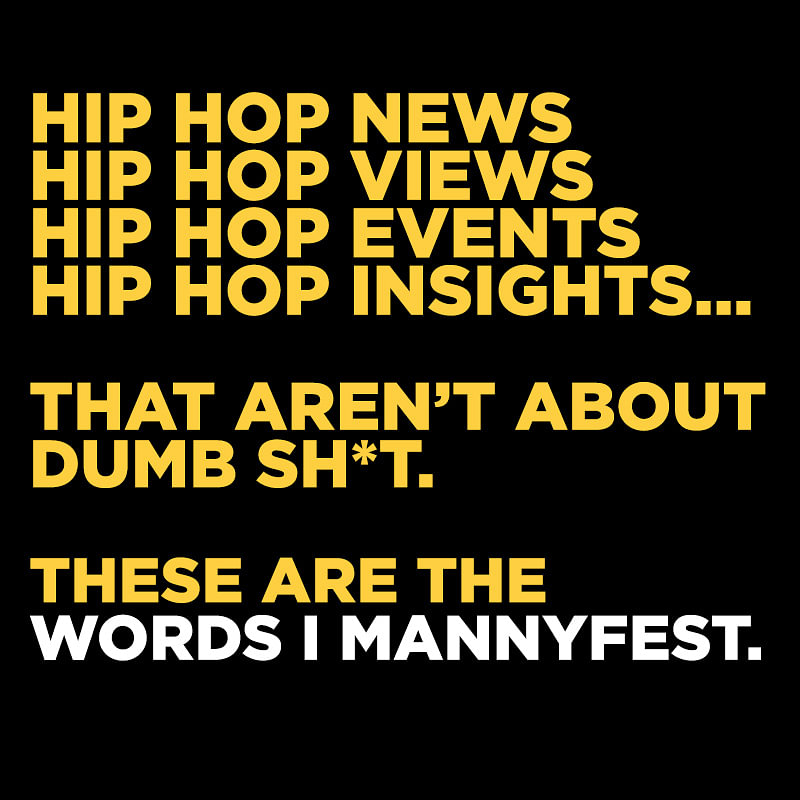"The future of occupation is Hip Hop. There's gonna be more occupational science research that includes Hip Hop, the different elements of Hip Hop, the different ways that Hip Hop has inspired individuals to participate in different tasks, as well as the therapy aspect from the examples that I gave previously." -- Dr. Jian Jones
In this captivating episode of Hip Hop Can Save America!, host Manny Faces and guest Dr. Jian Jones delve into the innovative ways Hip Hop culture is reshaping the field of occupational therapy. Dr. Jones, an assistant professor at Florida A&M University, shares her groundbreaking approach to integrating Hip Hop themes into the occupational therapy curriculum.
---
Hip-Hop Can Save America! with Manny Faces is a Manny Faces Media production, in association with The Center for Hip-Hop Advocacy.
Links and resources:
SHOW WEBSITE: https://www.hiphopcansaveamerica.com
ON YOUTUBE: https://www.hiphopcansaveamerica.com/watch
MANNY FACES: https://www.mannyfaces.com
NEWSLETTER (free!): https://mannyfaces.substack.com
SUPPORT QUALITY INDIE HIP HOP JOURNALISM: https://www.patreon.com/mannyfaces
Manny Faces Media (podcast production company): https://www.mannyfacesmedia.com
The Center for Hip-Hop Advocacy: https://www.hiphopadvocacy.org
SPONSORS / FRIENDS:
The Mixtape Museum: https://www.mixtapemuseum.org
Hip-Hop Hacks: https://www.hiphophacks.com
Hip-Hop Can Save America! is produced, written, edited, smacked, flipped, rubbed down, and distributed by Manny Faces.
Eternal thanks to Consulting Producer, Sommer McCoy.






